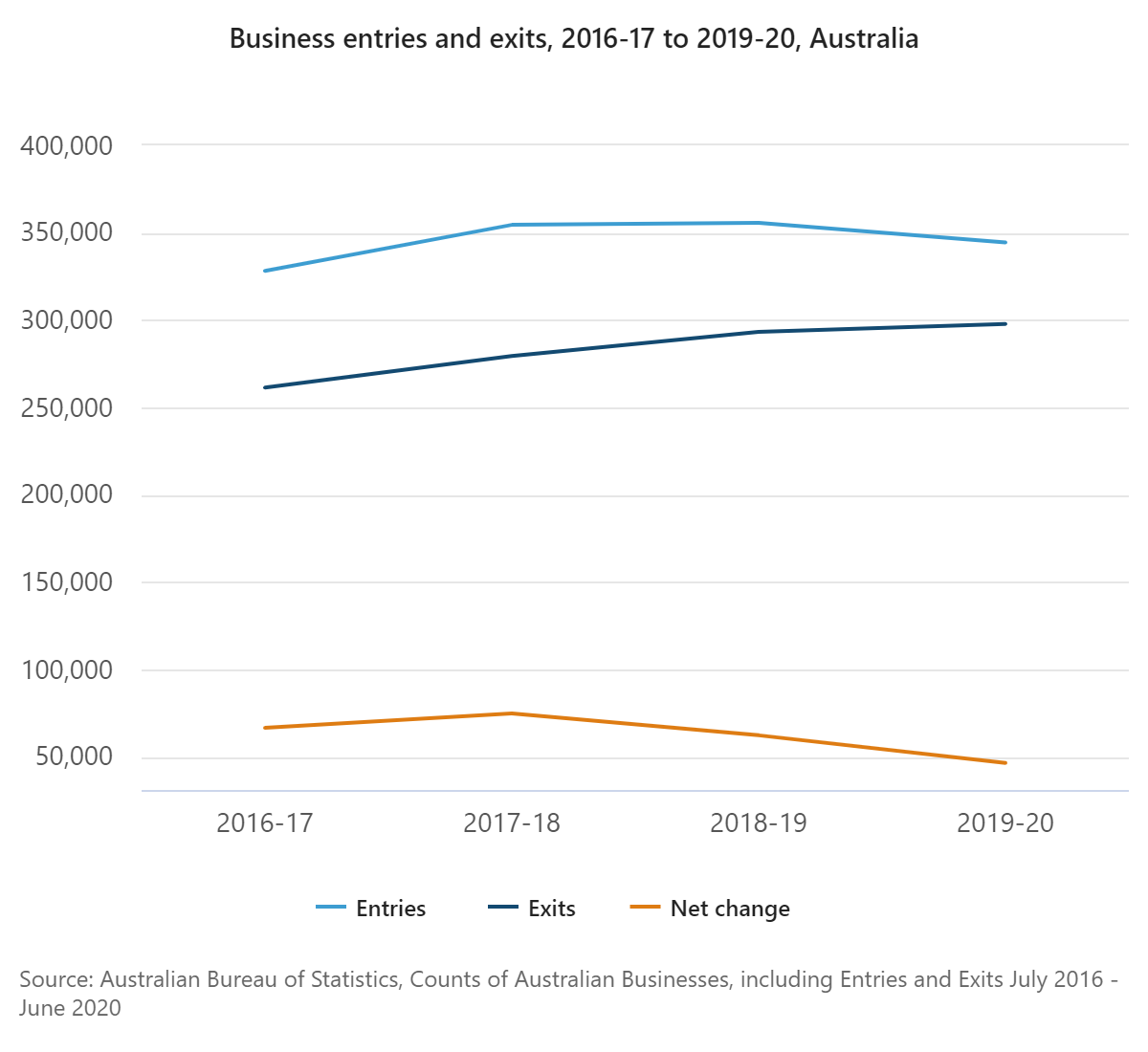Our researchers, Dr Andrés Bellofatto, Professor Begoña Domínguez and Dr Jorge Miranda-Pinto explain the value of keeping jobs going and recommend a better option following the end of JobKeeper.
Amid likely COVID-19 outbreaks around Australia and a slow vaccine roll-out, questions remain on whether the Australian Government should extend the JobKeeper program.
JobKeeper had its place
The JobKeeper program aimed to preserve Australian jobs during the pandemic by supporting businesses through wage subsidies. It ended in March 2021 and is estimated by the Reserve Bank of Australia to have saved at least 700,000 jobs.
The program took a two-pronged approach, supported by recent research.
First, JobKeeper sought to prevent breaking links (which take time and resources to build) between workers and businesses and between businesses themselves due to the pandemic. It also sought to alleviate the consequences of lockdowns and border closures. Under JobKeeper, many businesses and workers were able to retain their costly-to-build productive relationships and avoid the losses of job-specific human capital, which can lead to significant declines in workers’ welfare and productivity. Job-specific human capital is the set of skills workers acquire on the job training, which is a crucial component of any business.
Second, JobKeeper was intended to reduce business failures and their negative consequences. These include production cuts, distribution chain disruptions and intangible capital losses, such as damage to brand reputation and business relationships. We saw an example of the magnitude of these negative consequences following the Japanese earthquake in 2011.
A comparison of different policy approaches in response to the pandemic shows that wage subsidies like JobKeeper are relatively more expensive per job saved. However, compared to other policies, they do allow more businesses to survive. In fact, recent Australian Bureau of Statistics data shows that business exit rates have actually declined nationally from 12.7 per cent in 2018/19 to 12.5 per cent in 2019/20.

Some industries were overprotected
Such a decline in the exit rate could indicate that some businesses might have been overprotected by JobKeeper. At the onset of the pandemic, widespread support from JobKeeper was key due to the high degree of uncertainty for workers and businesses. Currently, though, we have a better understanding of which industries will not recover partially or fully until the pandemic is over.
While others were left to bleed
By December 2020, the tourism industry had lost over 80,000 jobs, a 10.8 per cent decline from December 2019. Women accounted for 57,300 of the job losses. The sharp decline in employment in tourism in 2020 contrasts with the tourism job gain in 2019, a 1.3 per cent increase in December 2019 compared with December 2018.
Advanced reading: A review of research literature on tourism risk, crisis and disaster management in Annals of Tourism Research.
In 2020, three other industries were hit hard by COVID-19, experiencing declines larger than seven per cent. These were manufacturing, information media and telecommunication, and arts and recreation.
Now that JobKeeper has ended, it is time to introduce a more targeted program that will keep key industries afloat and create incentives for business and employment creation. These policies are expensive but the returns outweigh the costs as they preserve jobs, job-specific human capital and intangible business capital.
JobMaker is inadequate
The JobMaker Hiring Credit scheme, an incentive for businesses to employ young jobseekers, points in the right direction but is inadequate. This policy depends on hiring so it suits businesses with enough demand but with insufficient liquid funds. Many job losses, however, especially among young workers, are concentrated in COVID-hit industries with insufficient demand like hospitality and tourism. Indeed the numbers show that JobMaker has created less than 10 per cent of the 10,000 jobs it intended to create at this stage.

A new targeted program is needed
We believe a more effective policy would be to extend a version of JobKeeper to the industries whose demand is greatly affected by COVID-19, existing regulations and border closures.
ABS data on business conditions and sentiments shows that accommodation and food services and arts and recreational services are the industries with the largest decline in business revenue in the previous month and the lowest ability to meet financial obligations over the next three months. Without government support, the most affected businesses in these industries expect to cut employment and orders of raw materials, defer investment and increase prices. Saving these jobs would not only preserve job-firm relationships but also mitigate negative network effects among firms.
For recovery period only
We emphasise that this policy must be temporary. It should be supported by an improved quarantine system, a strong vaccination rollout and a clear plan to open Australia's border to tested and vaccinated visitors.
In addition, wage subsidies targeted to industries with persistent decreased demand must be complemented by policies that seek to train and upskill employed and unemployed workers. This approach would reduce the depreciation of workers' knowledge, facilitate workers' relocation, and improve aggregate productivity.
The Australian Government must implement a combination of more targeted policies and economic redistribution to cope with potential business over-insurance in already booming industries. This approach must help the most affected Australian businesses through the pandemic. The government also needs a plan to reopen borders and put a timeline in place.
If the government does not do either of these things, businesses will go down the drain with impacts across the national economy, and our fiscal stabilisation policy will have failed.
Contact
Dr Andrés Bellofatto
Follow Dr Bellofatto on Twitter
Professor Begoña Domínguez
Follow Associate Professor Dominguez on Twitter
Dr Jorge Miranda-Pinto
Follow Dr Miranda-Pinto on Twitter






